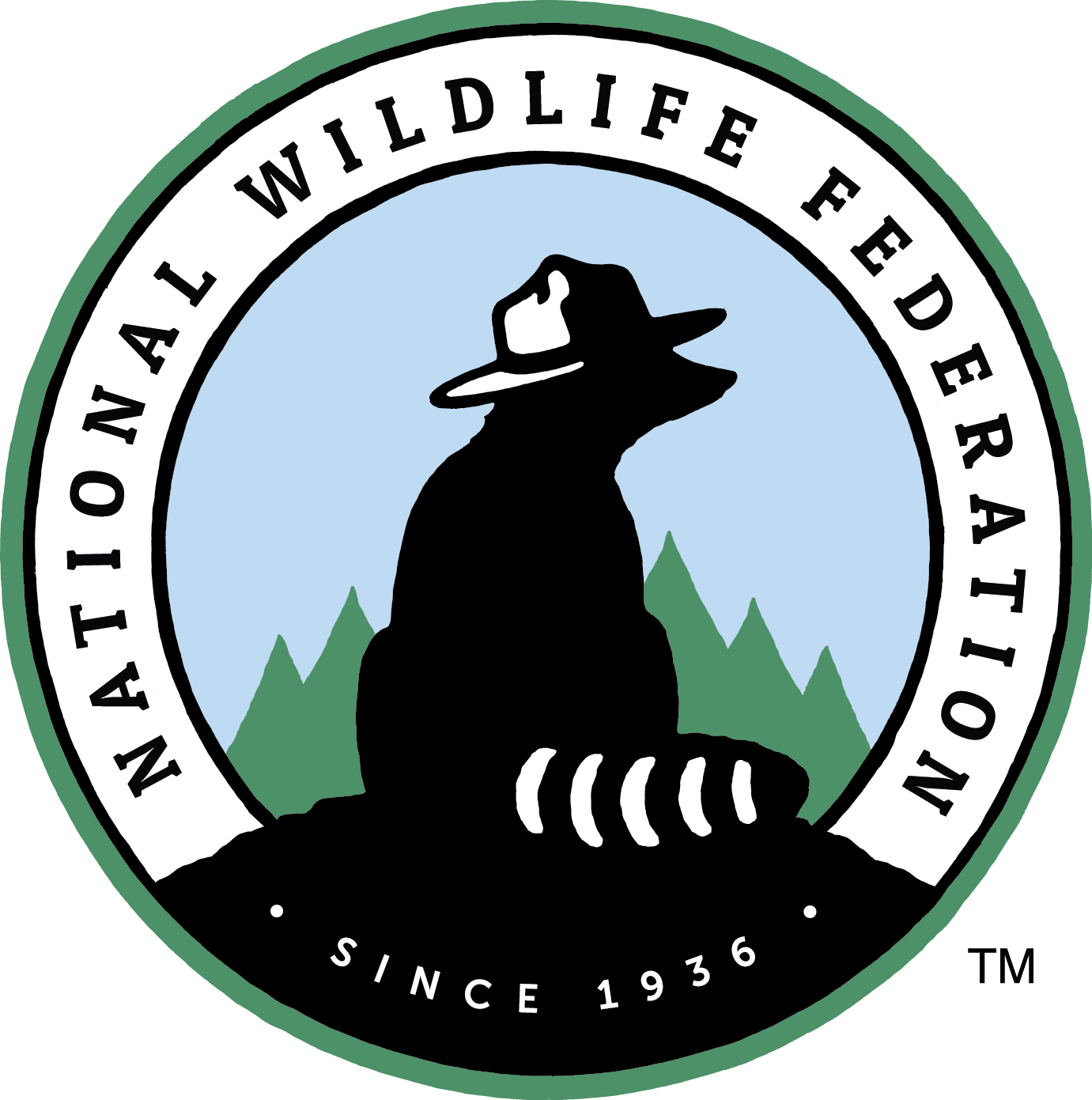Number 2022-03
WHEREAS, past resolutions since 1989 have committed NWF to strong United States actions to promote international safeguards for wildlife, the environment, climate action, and equity and climate safety; and
WHEREAS, the National Wildlife Federation’s international team has been recognized as leaders of international conservation efforts, including serving as the Chair of international bodies such as the Forest Stewardship Council (FSC), and as informal advisors to the United States, European Union and several national governments; and
WHEREAS, consistent with past resolutions, the global context of threats to wildlife and people must be recognized as essential to protect fish, wildlife, and people in the United States; and
WHEREAS consistent with past resolutions, we recognize the interconnectivity of climate, the wildlife crisis, and equity and justice; and
WHEREAS, consistent with past resolutions, large areas of forests globally, especially tropical forests, must be protected because they are critical for climate stability, the survival of wildlife, including migratory species, and people; and
WHEREAS, deforestation in many cases has threatened the land rights and safety of Indigenous Peoples, and has been linked with human rights violations, including child labor and forced labor; and
WHEREAS, although boreal, temperate and tropical forests are at risk from a variety of developments including mining, logging and fossil fuels, by far the largest driver of tropical deforestation is expansion of agriculture to produce exports such as cattle (beef and leather), palm oil, soy, cocoa and rubber; and
WHEREAS, certain commercial and financial institutions based in the United States operate at a global scale in the supply chains for these commodities, including by importing products that contain them as ingredients; and
WHEREAS, private sector companies and banks are the primary actors in these supply chains, and some progress on supply chain transparency has been made by leading consumer-facing companies who buy and use these commodities, often in response to advocacy, and reputational risk, as described in Resolution 7 passed by NWF and its affiliates in 2014 which calls upon them to eliminate deforestation from their supply chains; and
WHEREAS, it is difficult for consumers and government procurement agencies to track products and ingredients through complex supply chains, and thus the origins of those commodities that may contribute to deforestation, especially tropical deforestation, remain unknown to most buyers; and
WHEREAS, the United States Securities & Exchange Commission (SEC) published in March of 2022 a new draft guidance to publicly traded companies, which would require them to report on the major Green House Gas emissions associated with their businesses; and
WHEREAS, all these trends support more attention to transparency on topics like deforestation in supply chains, but without standards for how to measure and present quality data the reports will be difficult to produce and not useful for investors or consumers; and
WHEREAS, in addition to the role of private sector companies and banks, the collective impact of federal, state and local procurement is also a significant contributor to tropical deforestation and alternatives exist for many products currently being purchased with taxpayer money; and
WHEREAS consistent with past resolutions, these issues directly speak to equity and justice, including the need to center Indigenous and people of color in advancing this work.
NOW, THEREFORE, BE IT RESOLVED that the National Wildlife Federation, at its Annual Meeting assembled June 7-11, 2022, calls on federal, state and local governments to conduct a thorough review of procurement policies and practices that contribute to tropical deforestation, and to adopt new policies and practices for those commodities that are closely associated with tropical deforestation, including legislation to increase the requirements for transparency and due diligence, and high quality and consistent reporting, related to imports and procurement; and
BE IT FINALLY RESOLVED that, in addition to building upon NWF policy for actions by the private sector addressed in NWF Resolution 2014-07, we also call on federal, state and local government to find additional ways to protect forests, including tropical forests, and the people that live there, including by supporting and amplifying their voices.
